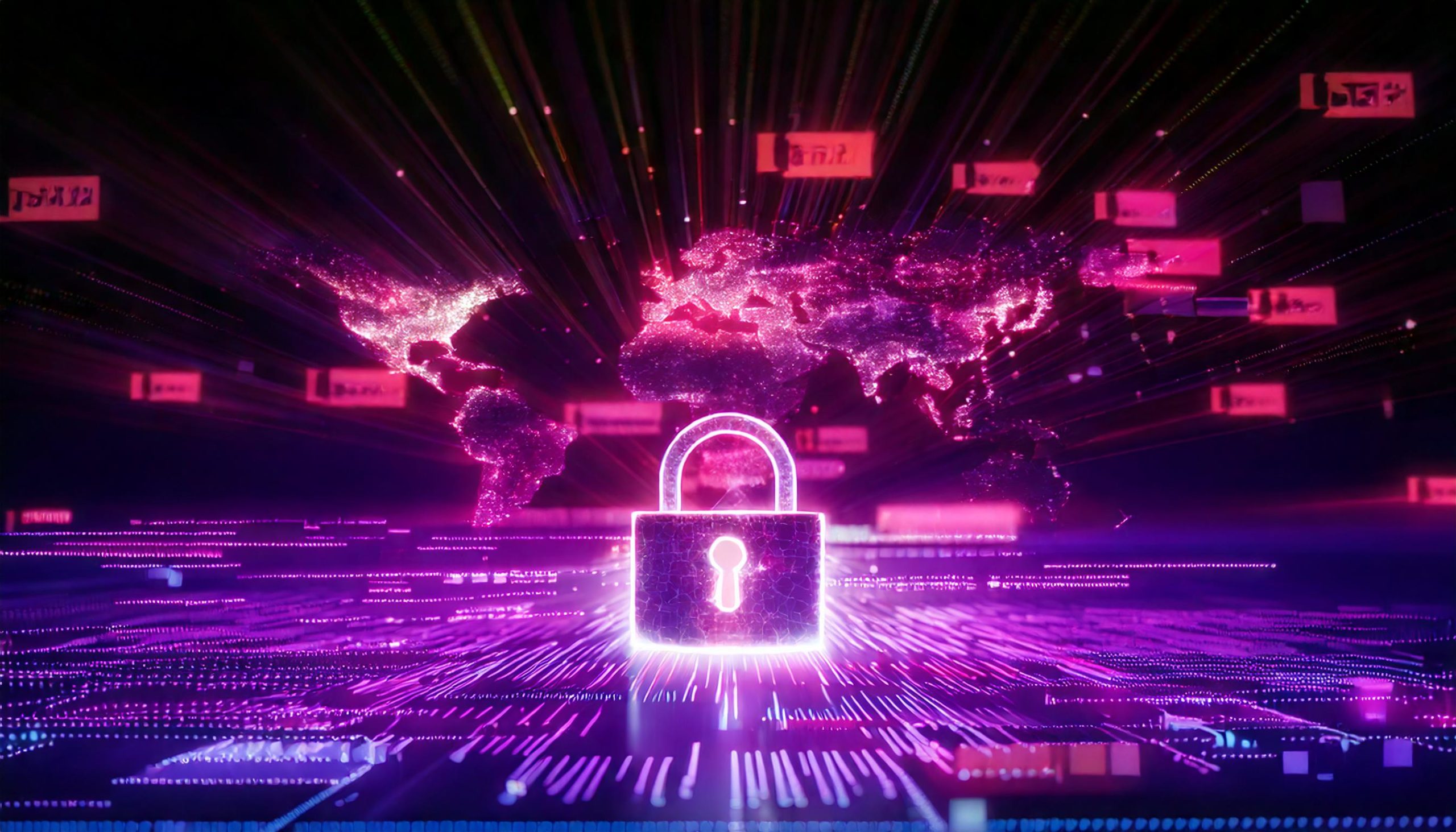
Going beyond the meter
Beyond the meter reporting refers to the collection, analysis, and management of energy consumption data that extends past the primary utility meter, often incorporating secondary metering.
This approach provides detailed insights into specific areas of energy usage within a facility, such as individual departments, equipment, or tenants, and is particularly useful in complex environments where precise energy management is essential.
For TPIs, the insight provides additional value beyond cost savings and can help plan an end-user customers march to net zero.
Data accuracy and reliability
Ensuring the accuracy and reliability of data from beyond the meter reporting is crucial. Secondary meters must provide precise readings, as inaccuracies can lead to faulty insights and incorrect billing, ultimately undermining trust and operational efficiency.
Connectivity issues
Connecting with secondary meters, especially in remote or difficult-to-access locations, can be problematic. Poor connectivity may result in incomplete or delayed data transmission, leading to gaps in reporting and potential inaccuracies in energy management.

Access to secondary meters
Gaining access to secondary meters can be challenging due to their placement in restricted or difficult-to-reach areas. This can delay maintenance, data services, and the resolution of issues, impacting the overall efficiency of energy management.
Integration of multiple data sources
Integrating data from various secondary meters into a unified system poses significant challenges. Disparate systems and data formats require sophisticated integration solutions to ensure seamless data flow and consistency across all reporting levels.
Varying tariffs and consumption patterns
Beyond the meter reporting must account for different tariffs and consumption patterns across various times and locations. This complexity requires advanced analytics to ensure accurate reporting and billing, particularly in environments with dynamic energy pricing.
Data security and privacy
Protecting the security and privacy of data collected from secondary meters is paramount. Implementing robust security measures to prevent unauthorised access and ensure compliance with data protection regulations is essential for maintaining trust and regulatory compliance.
Cost implications
Implementing and maintaining beyond the meter reporting systems can be costly. Companies need to balance the benefits of detailed energy insights with the financial investment required to install, maintain, and manage these systems.
Regulatory compliance
Companies must comply with stringent regulatory requirements related to energy reporting. Ensuring all data is accurately captured, reported, and maintained according to these regulations is resource-intensive but crucial to avoid legal penalties and support sustainability goals.
The solution
By addressing these challenges with advanced data management solutions, energy suppliers and businesses can enhance the accuracy and reliability of beyond the meter reporting. TMA’s comprehensive suite of tools and services is designed to help manage secondary metering effectively, ensuring accurate data services, seamless integration, and exceptional operational efficiency.
Reach out to
